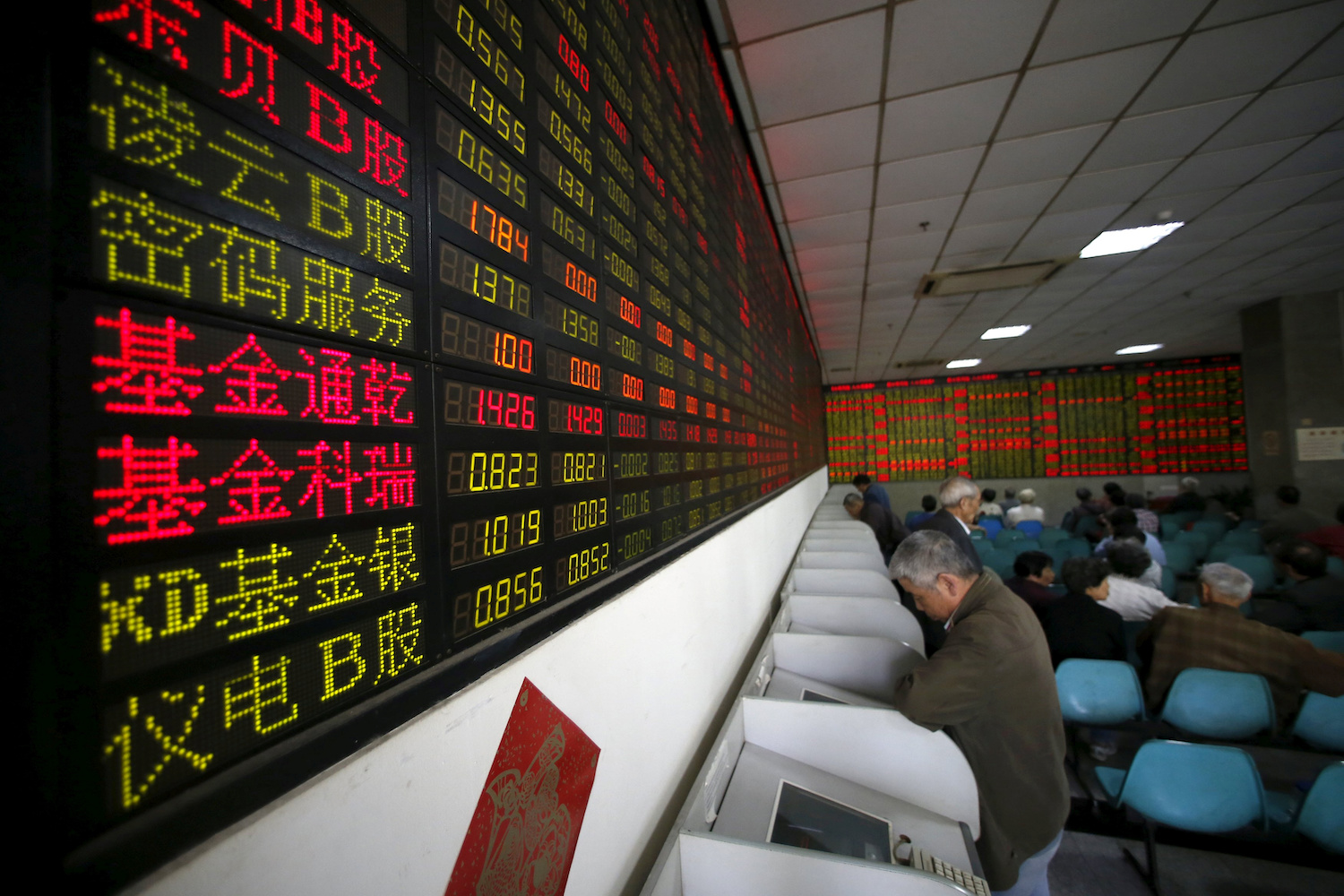Asia’s markets sank on Monday dragged down by fears over the possible collapse of teetering property giant China Evergrande.
Hong Kong again led the losses with Evergrande due to pay interest on some of its loans and bonds this week and observers expecting it to default.
Uncertainty about the future of the company, which is drowning in debts of more than $300 billion, has shattered confidence on trading floors, with property companies and banks in Hong Kong taking the brunt of the selling.
Read more:
Evergrande Lenders Circle the Wagons as Debt Crisis Threatens Loans
China Evergrande Shares Plummet to 11-Year Low on Default Risks
Hong Kong shed 3.3%, with Evergrande down almost 19% briefly before ending 10% off. New World Development dived 12.3% and Henderson Land tanked 13.2%. The Hang Seng Property Index dropped more than 6%, its worst performance since May 2020.
Analyst Philip Tse, of BOCOM International Holdings, warned “there will be further downside” unless leaders give a clear signal on Evergrande or ease up on their clampdown on the real estate sector.
Despite the growing crisis, the government has yet to step in to prevent Evergrande from going under.
Analysts say that while leaders are looking to curb excessive risk-taking, they will probably work to prevent the issue from becoming unmanageable.
“The central government’s priority of social stability makes restructuring likely with haircuts for debt holders, but spillovers to other listed property developers means there will likely be a real economy impact on the real estate sector,” National Australia Bank’s Tapas Strickland said.
“To what extent Evergrande slows the growth momentum remains unclear.”
IRON ORE
The selling was mirrored elsewhere in Asia. Sydney was down more than 2%, with miners also being hammered by a plunge in iron ore prices, while Singapore, Wellington, Mumbai, Manila, Bangkok and Jakarta were also well down. Tokyo, Shanghai, Seoul and Taipei were closed for holidays.
The selling followed another loss on Wall Street, where investors are tracking the progress of Joe Biden’s multi-trillion-dollar spending bills, while there is unease that lawmakers have yet to raise the US debt ceiling, risking the country defaulting on its own obligations.
The Fed’s policy meeting this week will be closely followed, with some experts predicting it could set a timetable for winding in its vast bond-buying programme put in place last year to support the economy and equity markets.
TAPERING FEARS
Officials have flagged that they will begin tapering by the end of the year in order to keep a lid on inflation, though it is yet to indicate by how much and from when.
Wednesday’s announcement will come as several other central banks around the world also prepare to make decisions, with many now considering tightening.
The shift towards turning off the taps to financial markets comes as the Delta variant continues to spread quickly around the world, forcing some governments to reimpose lockdowns or other strict containment measures.
Among them is China, where a new outbreak is raising concerns about the effect on the recovery in the world’s number two economy, a key driver of global growth.
MARKETS
Hong Kong > Hang Seng Index: DOWN 3.3% at 24,099.14 (close)
Tokyo > Nikkei 225: Closed for a holiday
Shanghai > Composite: Closed for a holiday
New York > Dow: DOWN 0.5% at 34,584.88 (close)
- AFP and Sean O’Meara
Also on AF:
IMF Chief Georgieva Says She Didn’t Pressure World Bank Staff on China
























